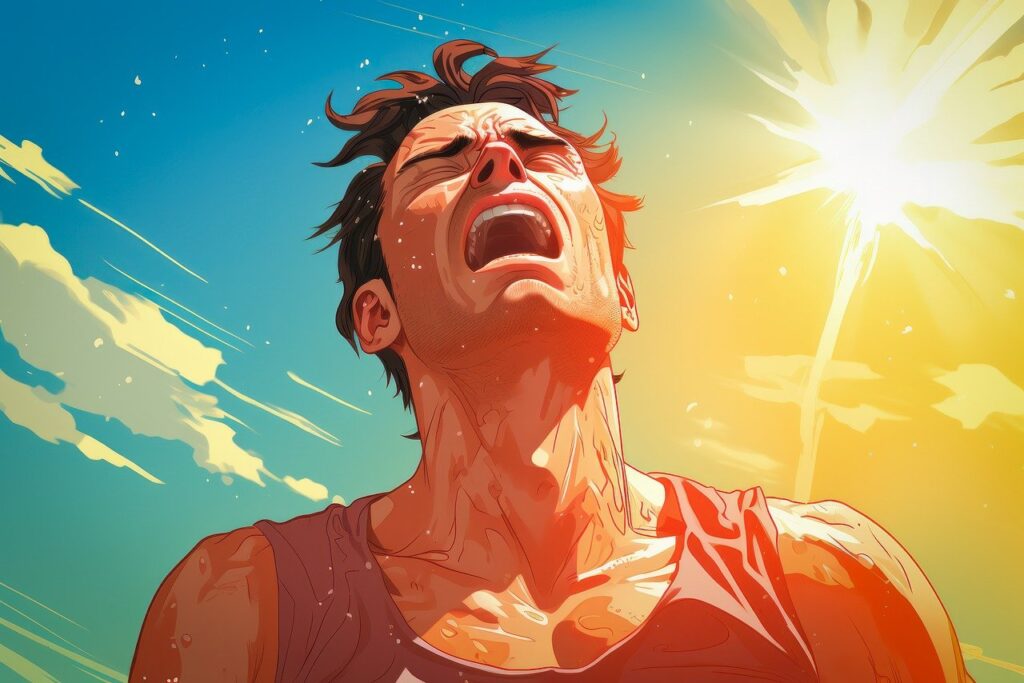
The Shift in Climate Discourse: From Consensus to Contention, Climate Change Denial Appears
It’s nothing new; we’ve been talking about climate change for decades, emphasizing the importance of caring for and preserving the environment. Not too long ago, there wasn’t much disagreement on the matter. Most people agreed that it was essential to protect the environment, and ecological messages were included in cartoons and taught in schools. However, things have changed, climate change denial has made its appearance.
The Toll of Environmental Advocacy: Resistance and Skepticism
It used to be free to advocate for the planet, but now, this opinion comes with a toll: protecting the environment requires a structural change in our society, economy, and way of life. Naturally, this generates a lot of resistance and inevitably leads to an increase in skeptics, deniers, and constant questioning of the theses on which there is practical unanimity in the scientific community.
The Political Weaponization of Climate Change: Fueling Doubt and Discord
It certainly doesn’t help that climate change is being used politically. When parties of opposing tendencies take opposing stances, it leads their voters to automatically assume that the climate crisis debate is political, when it’s not. In reality, there is no debate, and there is unanimity in the scientific community: all predictions not only have been coming true year after year but in most cases have been optimistic. Social media and the news media introduce messages that generate doubts and skepticism, increasing climate change denial.
Examples could be claims like:
- “Didn’t scientists get it wrong with COVID?”: The coronavirus hit humanity at an unprecedented speed, so it’s expected that there were many errors and premature conclusions. Climate change and the greenhouse effect have been studied since the 19th century, and so far, predictions have proven accurate.
- “Climate changes are natural cycles, and there’s always been”: This is a clear example of the straw man fallacy. The statement is true but unrelated. Natural climate changes occur over thousands of years, whereas what we are observing today is an equivalent change occurring in 50 years. Additionally, a natural cycle wouldn’t invalidate the human impact thesis.
- “It doesn’t affect me, maybe just my kids”: False, unless you’re 80 years old. Predictions paint a bleak future, and droughts, impacts on agriculture, changes in ecosystems, mass population migrations in vulnerable countries, etc., will affect your life.
- “Nothing can be done”: Obviously, there are no miracles. But something can be done, and it’s not an illusion; there are real plans that only require political and social effort and commitment.
- “They’ll invent something”: The scientific community has been warning for years that there will be no magic solutions and that the only realistic way out is to make structural changes in our societies and economies.
Overcoming the Economy vs. Ecology Dilemma
One of the classic mistakes, which generates more followers of climate change denial, is contrasting economy VS ecology, as if they were opposing interests. It’s true that in the short term, this may be the case, but looking 20 years ahead, it’s not. The global economy and humanity will be affected proportionally to the severity of the changes in our environment. In the worst-case scenario, certain countries could collapse, leading to wars and mass migrations.
Personal Responsibility: Embracing Collective Action
If you’re a skeptic, the previous predictions may seem alarmist. However, just remember that this is not a topic on which to take a stand based on political preferences. The messages that come from the political realm are not reliable, as politicians only seek political gain and accumulate power. Given the importance of climate change and the narrow window of action left to humanity, out of responsibility, we shouldn’t let ourselves be influenced by politics and, for once, row together toward a common goal.
Personally, I’m not optimistic about it. I doubt that the human race will be able to unite with a common strategy to face this formidable enemy. But I won’t stop doing what I can within my small world (family, neighborhood, friends) to contribute my little grain of sand to the change.